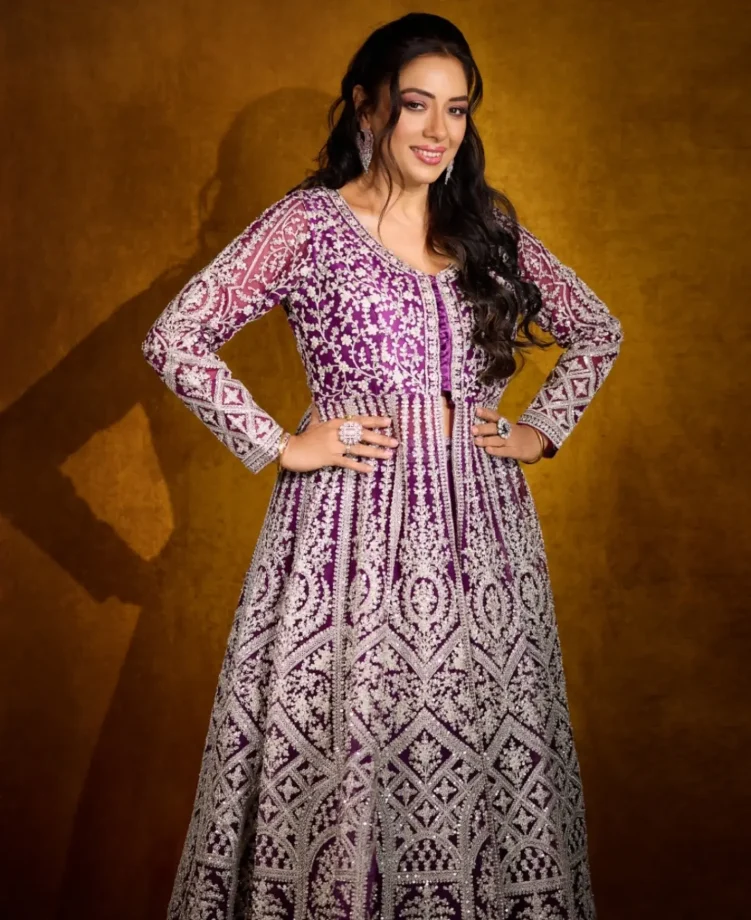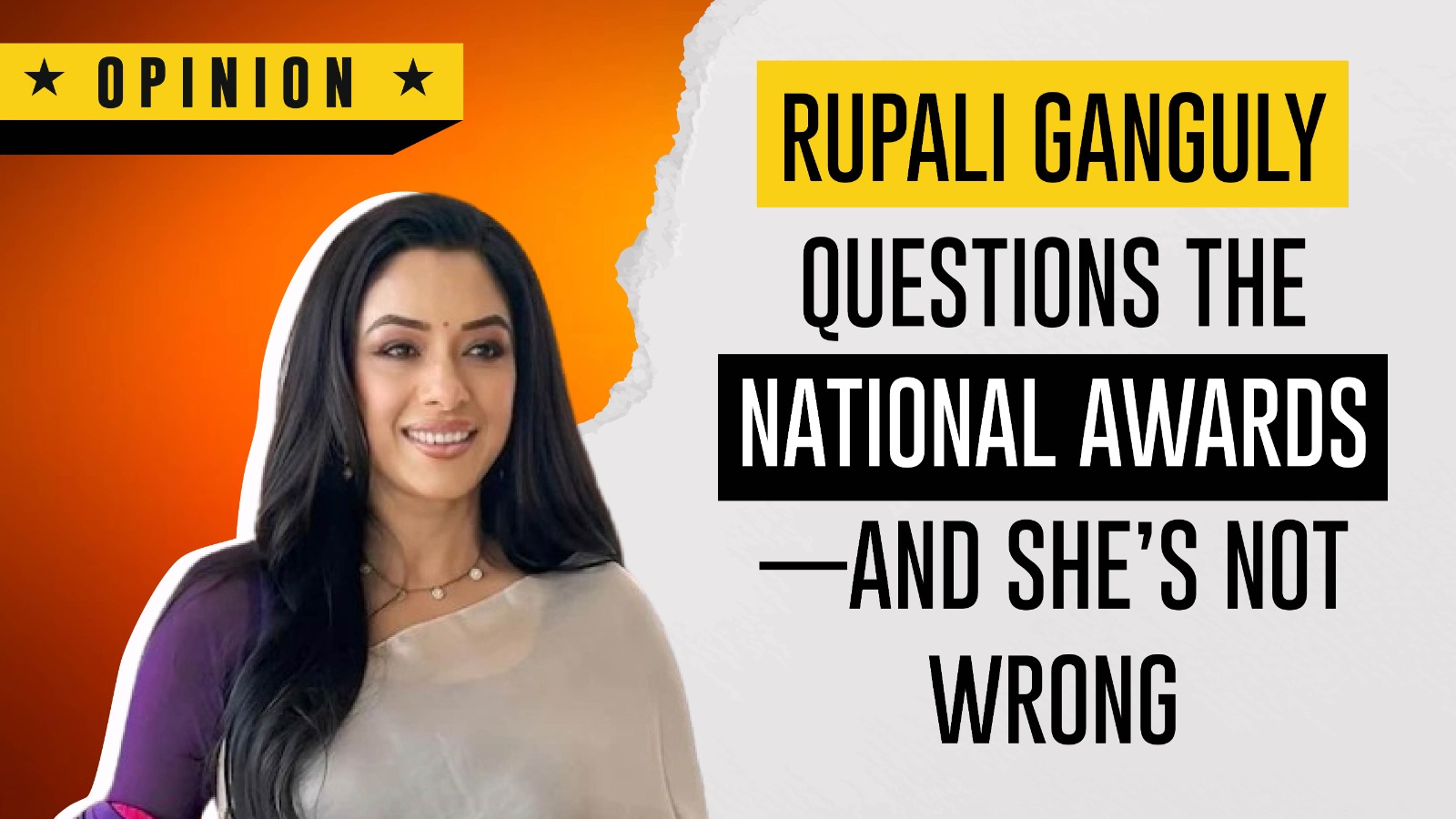The National Awards came, clapped, and left. Films got celebrated. Faces we already worship were put on pedestals. But television? Not even an afterthought. Rupali Ganguly has finally called it out, and honestly, it’s not even shocking. Just overdue.
For too long, television has been the invisible engine of Indian storytelling. It’s what families turn on after long days, what background noise becomes comfort, what mothers and grandmothers and entire households follow like ritual. But when it comes to recognition, it’s like none of it ever mattered, as if 20-minute episodes five days a week don’t count as performance. As if reaching 50 million people every night doesn’t deserve applause, as if sweat and consistency are less artistic than silence and cinema.

And yet, every year, the same thing happens. National awards roll around, and the spotlight swings only in one direction. It clings to the film world, to glossy names, to actors with well-lit frames and award-friendly screenplays. Television artists, no matter how hard they work or how widely they’re loved, remain in the shadows—background noise to the ‘real’ stars.
Rupali didn’t whisper her disappointment; she said it loud enough for people to feel uncomfortable. And they should. She reminded everyone that television continued to operate during the pandemic. While films paused, productions halted, and OTT had to rerun old content, TV kept rolling. On skeleton crews, impossible schedules, and barely any safety nets, actors kept showing up. Not for glamour. Not for headlines. Just to keep people company in the middle of global chaos.

Anupamaa took over lives. It became the story people needed when everything else collapsed. And still, no nod. No chair at the table. Not even a category.
This isn’t just about Rupali. It’s about every actor who gets one-take scenes, 16-hour shifts, and zero acknowledgement. It’s about a system that decides whose work is ‘art’ and whose isn’t, based on platform and not performance. It’s about how we’ve created cultural gatekeeping so rigid that even our national recognitions have blinders on.
Smriti Irani walking back into Kyunki is poetic in a way. She went from television fame to power, and maybe now, that loop coming full circle will finally force a few conversations. Not that television needs validation, it has the numbers, the reach, the relevance. What it needs is respect. Absolute, institutional respect.
Because how long are we going to keep pretending that cinema is culture and TV is just noise? That one deserves medals and the other just TRPs? That kind of thinking isn’t just tired, it’s embarrassing.
Rupali said what needed to be said. No filters. No diplomacy. And she’s right.
It’s time to stop mistaking visibility for value. Television has never asked for too much, just for people to look up and see who’s been holding the mic this whole time.

